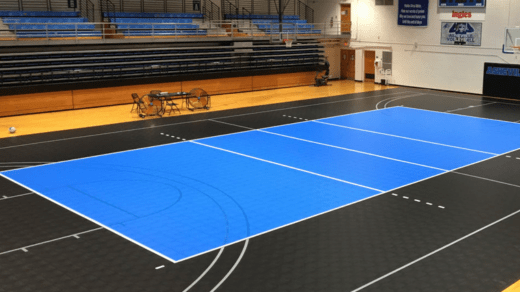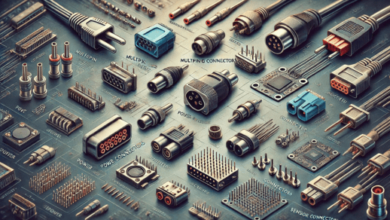Volleyball is a sport that demands precision, agility, and a high-quality playing surface. Recognizing these requirements, the industry has developed specialized volleyball court flooring materials, designed to enhance the overall playing experience. These materials play a crucial role in volleyball court construction, particularly in the case of synthetic volleyball courts, which are becoming increasingly popular due to their durability and performance.
Essential Features of Volleyball Court Flooring
The right volleyball court flooring must possess certain characteristics to ensure it meets the sport’s demands:
- Traction and Safety: The flooring should provide adequate grip to prevent slips and falls, ensuring the safety of players.
- Shock Absorption: Good volleyball flooring reduces the impact on players’ joints, an important consideration given the jumping and diving inherent in the sport.
- Flat and Uniform Surface: Consistency in the playing surface is key to fair play and performance.
Volleyball Court Flooring Material
When selecting materials for volleyball court flooring, durability, and performance are paramount. The most common options include:
- Synthetic Surfaces: These are favored for their durability and low maintenance. They offer consistent bounce and are suitable for both indoor and outdoor courts.
- Hardwood Flooring: Traditional indoor volleyball courts often feature hardwood flooring, which provides excellent bounce and a classic aesthetic. However, it requires more maintenance than synthetic options.
The Process of Volleyball Court Construction
Constructing a volleyball court involves several key steps:
- Site Preparation: Ensuring the location is suitable for installation, including leveling the ground and preparing the base.
- Flooring Installation: Laying down the chosen volleyball court flooring material, whether it’s a synthetic surface or hardwood.
- Marking and Finishing: Applying the necessary court lines and finishing touches to make the court ready for play.
Advantages of a Synthetic Volleyball Court
Opting for a synthetic volleyball court comes with several benefits:
- Versatility: Synthetic courts can be used in various environments, including outdoor settings.
- Low Maintenance: Unlike hardwood, synthetic materials require less upkeep, making them a cost-effective long-term option.
- Customization: Many synthetic materials offer a range of customization options, including color and design.
Conclusion
The choice of volleyball court flooring is a critical decision in the overall process of volleyball court construction. Whether opting for a synthetic volleyball court or a traditional hardwood floor, the key is to ensure that the material meets the specific needs of the sport, enhancing both the safety and performance of the players. With the right flooring, a volleyball court can be a source of endless enjoyment and competitive play.





